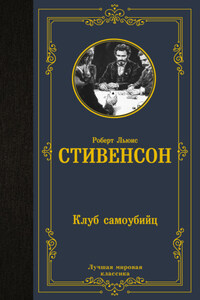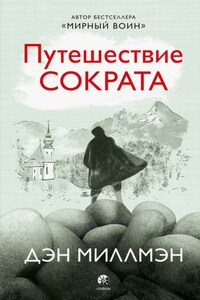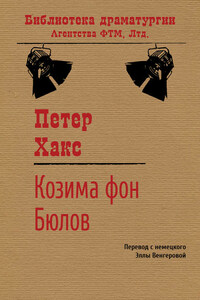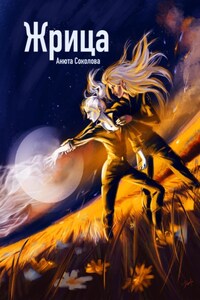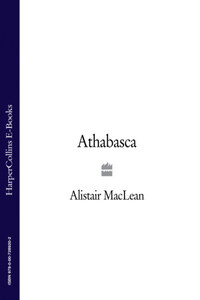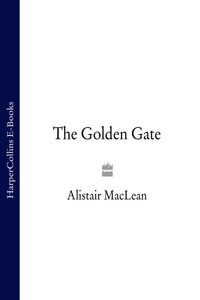Darkness was falling over the ancient Grecian monastery and the first of the evening stars were beginning to twinkle in the cloudless Aegean sky. The sea was calm, the air was still and did indeed, as is so often claimed for it, smell of wine and roses. A yellow moon, almost full, had just cleared the horizon and bathed in its soft and benign light the softly rolling landscape and lent a magical quality to the otherwise rather harsh and forbidding outlines of the dark and brooding monastery which, any evidence to the contrary, slumbered on peacefully as it had done for countless centuries gone by.
At that moment, unfortunately, conditions inside the monastery could hardly be said to reflect the dream-like outer world. Magic had taken wings, no-one slumbered, peace was markedly absent, darkness had given way to a score of smoking oil torches and there was little enough around in the way of wine and roses. Eight uniformed members of the Nazi S.S. were carrying oaken chests across the flagged hallway. The brass-bound boxes were small but so heavy that it required four men to carry one of them: a sergeant supervised their operations.
Watching them were four men. Two of those were high-ranking S.S. officers: of those, one, Wolfgang Von Manteuffel, a tall, thin man with cold blue eyes, was a major-general, no more than thirty-five years old: the second, Heinrich Spaatz, a thick-set, swarthy man who had apparently elected to choose a scowl as his permanent expression in life, was a colonel of about the same age. The other two watchers were monks in cowled brown habits, old proud men but now with mingled fear and pride in their eyes, eyes that never left the oaken chests. Von Manteuffel touched the sergeant with the tip of his gold-handled malacca cane which could hardly have been regulation issue to S.S. officers.
‘A spot check, I think, Sergeant.’
The sergeant gave orders to the nearest group who, not without difficulty, lowered their chest to the floor. The sergeant knelt, knocked away the retaining pins in the iron hasps and lifted the hinged lid, the screeching of the ancient metal being testimony enough to the fact that many years must have passed since this had last been done. Even in the wavering light of the malodorous oil torches the revealed contents glittered as if they were alive. The chest contained literally thousands of golden coins, so fresh and gleaming they could have been minted that same day. Von Manteuffel contemplatively stirred the coins with the tip of his cane, looked with satisfaction at the resulting iridescence, then turned to Spaatz.
‘Genuine, you would say, Heinrich?’
‘I am shocked,’ Spaatz said. He didn’t look it. ‘Shocked beyond words. The holy fathers traffic in dross?’
Von Manteuffel shook his head sadly. ‘You can’t trust anyone these days.’
With what appeared to be as much a physical effort as an exercise of will, one of the monks averted his fascinated gaze from the glittering chest and looked at Von Manteuffel. He was a very thin man, very stooped, very old - he must have been nearer ninety than eighty. His face was carefully expressionless, but there wasn’t much he could do about his stricken eyes.
‘These treasures are God’s,’ he said, ‘and we have guarded them for generations. Now we have broken our trust.’
‘You can’t take all the credit for that,’ Von Manteuffel said. ‘We helped. Don’t worry, we’ll look after them for you.’
‘Yes, indeed,’ Spaatz said. ‘Be of good cheer, father. We shall prove worthy of our stewardship.’
They stood in silence until the last of the treasure chests was removed, then Von Manteuffel gestured towards a heavy oaken door.
‘Join your comrades. I’m sure you will be released as soon as our planes are heard to leave.’
The two old men, clearly as broken in spirit as they were in body, did as ordered, Von Manteuffel closing the door behind them and sliding home the two heavy bolts. Two troopers entered, carrying a fifty-litre drum of petrol which they laid on its side close to and facing the oaken door. It was clear that they had been well briefed in advance. One trooper unscrewed the cap of the petrol drum while the other laid a trail of gunpowder to the outside doorway. More than half of the petrol gushed out on to the flags, some of it seeping under the oaken door: the trooper seemed content that the rest of the petrol should remain inside the drum. Following the departing troopers, Von Manteuffel and Spaatz walked away and halted at the outside doorway. Von Manteuffel struck a match and dropped it on the gunpowder fuse: for all the expression that his face registered he could have been sitting in a church.
The airfield was only two minutes’ walk away and by the time the S.S. officers arrived there the troopers had finished loading and securing the chests aboard the two Junkers 88s, engines already running, parked side by side on the tarmac. At a word from Von Manteuffel, the troopers ran forward and scrambled aboard the farther plane: Von Manteuffel and Spaatz, doubtless to emphasise the superiority of the officer class, sauntered leisurely to the nearer one. Three minutes later both planes were airborne. In robbery, looting and plundering, as in all else, Teutonic efficiency shone through.

